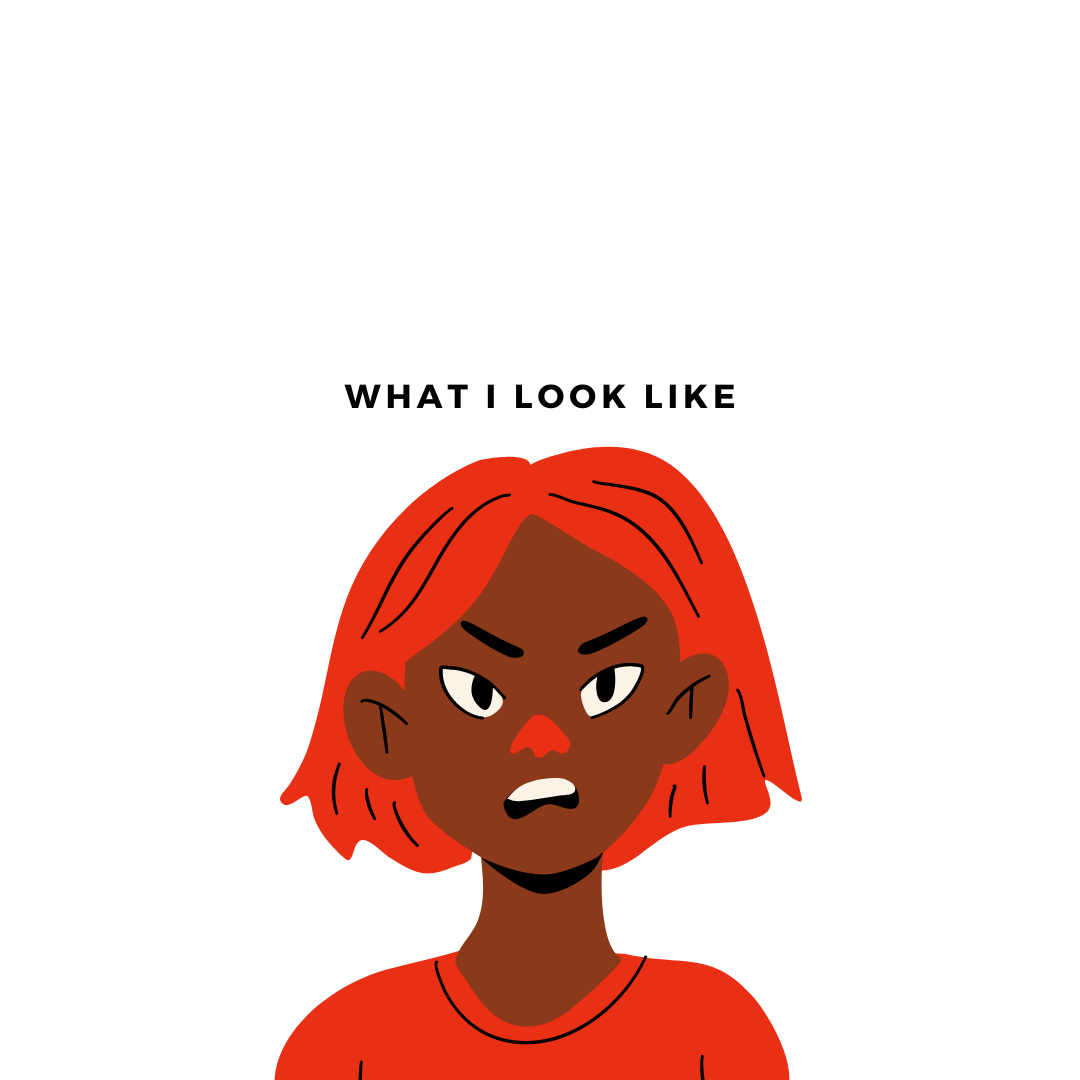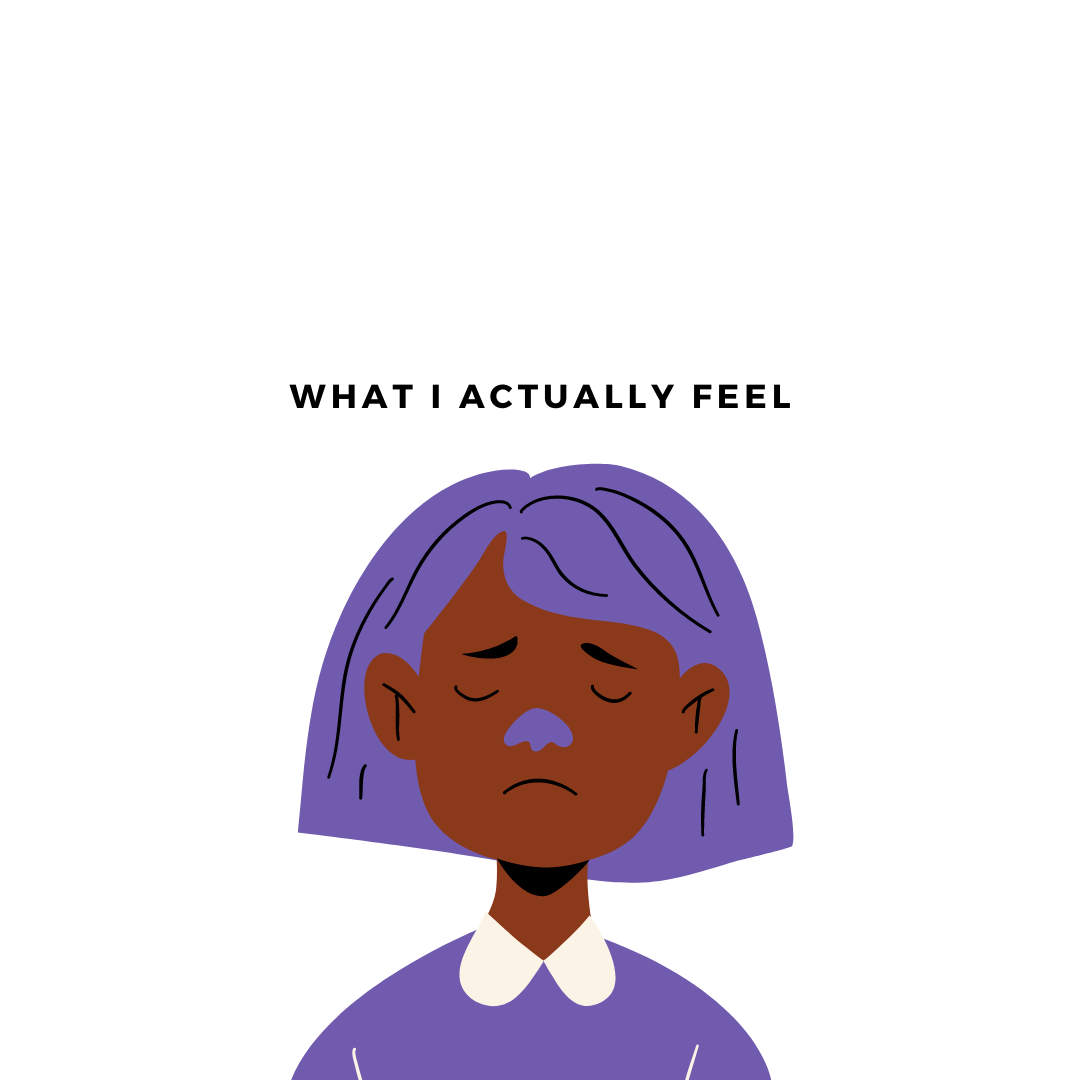“It’s exhausting to have a strong facade. But, I don’t know how to turn it off.”

Over the years, going to sleep and waking up has become an entire process for me. I have to wake up and prepare myself for a whole day of putting on an act, a facade. Every day, I’d go about my day pretending to be a cheerful, energetic, strong, and independent young woman. I’d force myself to smile and laugh, acting as if inconveniences and troubles don’t bother me. Despite having no energy to do anything, I force myself to get out of my bed and act productively even when I really really really don’t want to. Sometimes, I just wish I had a small room to myself. So, I can lock myself inside and successfully avoid social interaction. But, of course, I have to keep a strong facade – to make everything seem okay and dandy.
“It’s exhausting to have a strong facade. But, I don’t know how to turn it off.”
Although public understanding of mental health has improved over the years, society has yet to frequently misunderstand or overlook depression and its symptoms. With the continuing stigma, people don’t always recognize when people struggle with illnesses or with handling their emotions. Worse, too many people go undiagnosed because of erroneous assumptions about how these manifest and what to look for. And, to be honest, I think I’m one of those people who remain undiagnosed. Social interaction exhausts me. Although fear envelopes my body, I do it anyway to keep up with the facade. I do it anyway, constantly on alert.
I would continually not be myself to avoid ruining the atmosphere with my existence. It’s not like I hate myself. I love myself, I really do. I just got used to the fact that people expect me to be strong and that they could lean on me anytime. So, when I need to be weak, I don’t know how to convey that to people. Or even express that weakness. So, I have developed ways of coping with my problems that conceal the real emotions I feel inside. Instead of expressing them, I hide the shit I feel and run away.

To keep it hidden, I make myself look like the opposite of feeling miserable.
Due to media and cultural stereotypes, most people have assumptions about how someone behaves and looks if they are mentally struggling. Of course, these assumptions would include someone who rarely leaves their room, doesn’t dress well, and constantly looks miserable. However, I don’t look that way to keep up the facade, to keep people assume that I feel absolutely fine. However, people who remain unable to keep up such a facade are not weaker than me who can. And, unfortunately, I feel exhausted as it emotionally drains me to force myself to look “strong.”
Sometimes, I blame this exhaustion on laziness or some other personal fault that causes me low energy levels. Although it is difficult to conceal, I continue to attempt to keep it from their peers as it often affects their workload and personal relationships. Sometimes, I react with irritability, annoyance, anger, and rage. The constant work to keep the facade up drains me and leaves little room for patience and understanding. People would think that I have a short temper and are quick to annoy. And, apparently, it remains a side effect of depression… which is understandable.

I have become a master of faking it.
I smile and laugh and act like everyone else while feeling excruciating emotional pain. Usually, I try to find a way to spend time alone crying or letting down the facade. Unfortunately, I never find the time and the place. Since I live with my family and I actually don’t have a room to myself, I only find time to cry after everyone went to sleep and only in the bathroom. The rest of the time, I act like someone who doesn’t feel any pain. On top of the pain that I already feel, I act happy which feels emotionally exhausting.
And, unfortunately, faking happiness and keeping this secret makes me feel alone and isolated. Most of the time, I look strong and angry and a little bit bitchy. But the truth is, I feel exhausted and miserable.
Angela Grace P. Baltan has been writing professionally since 2017. She doesn’t hesitate to be opinionated in analyzing movies and television series. Aside from that, she has an affinity for writing anything under the sun. As a writer, she uses her articles to advocate for feminism, gender equality, the LGBTQIA+ community, and mental health among others.





